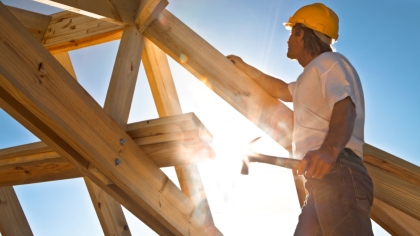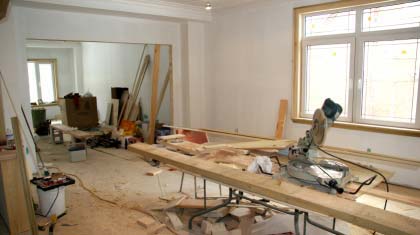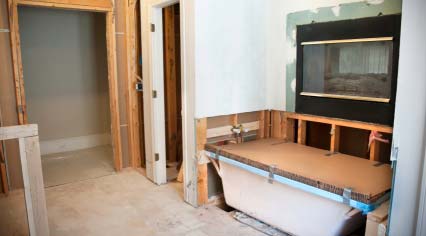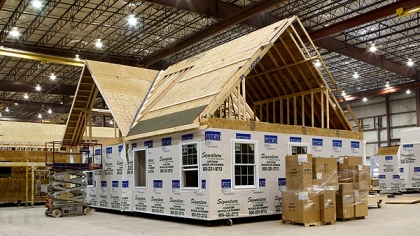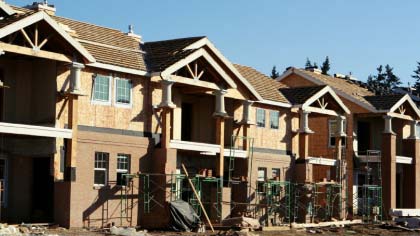Construction Loan Center
Modular vs. Manufactured Homes
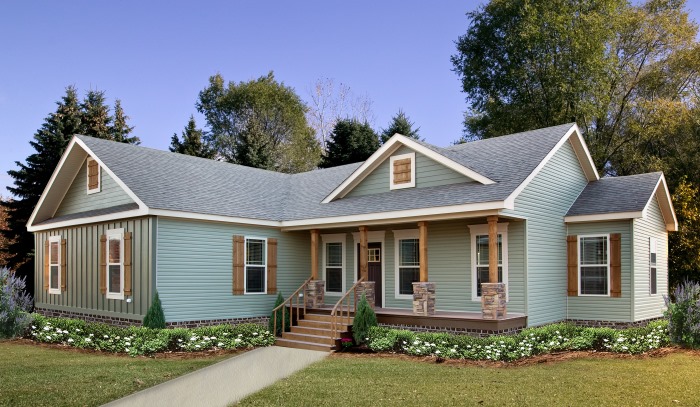
You have probably heard of modular and manufactured homes, but what are they? Who builds them? Do they hold their value well? These are all valid questions, and the answers may surprise you. Modular and manufactured homes are not the same, and each one has unique characteristics that can impact you and your finances. Before deciding on one style or the other, you owe it to yourself to keep reading.
Understanding the differences between modular and manufactured homes can be difficult. One involves new technology, while the other has been around for decades (in one form or another). While one can appreciate in value over time, the other can depreciate. However, by understanding the differences, you will be better prepared when choosing your next home.
Manufactured homes, similar to mobile homes, are assembled in a factory. This controlled environment allows the manufacturer to quickly build various models. The unit rests on a steel chassis and is shipped to the job site in sections. Custom designs are not readily available; instead, the manufacturer will offer various styles to select. Manufactured homes tend to cost less than site built or modular homes, but there are drawbacks. Because they are not set on a foundation (and can be moved), they are difficult to refinance. Some communities also place restrictions on manufactured homes being placed on certain lots or neighborhoods. The longevity of these homes can be less than comparable site built homes. Furthermore, these homes tend to depreciate over time, so earning equity is difficult – if not impossible. These characteristics contrast with modular homes.
Modular homes are built in a factory, but assembled by local contractors. You can choose from a host of designs or use a custom plan of your choice. Modular homes have the same longevity and value as traditional stick-built homes. They can even surpass traditional stick-built homes in energy efficiency! Once on site, they are set on a traditional foundation. Side by side with a traditional home, it would be nearly impossible to tell the difference. Modular homes fall under local building code jurisdiction, and thus, must be approved by the building department. To the contrary, manufactured homes are governed by HUD codes.
When analyzing your project, take into consideration the vast differences between manufactured and modular homes. Each style of home is designed to meet a specific set of needs. An important factor in this process, is not only analyzing your needs now, but in the future. A manufactured home is a viable option for a first-time homeowner. However, the characteristics of the home may not work for someone looking to build equity in a planned community over a long period of time.

